Maui provides a breathtaking climate diversity, when considering its size. It hosts 6 of the possible 13 climate zones recognized by experts, with the wettest spots on island receiving upwards of 400 inches of rain annually, and the driest receiving just a few inches.
Climate diversity translates to a land able to supply a dynamic array of produce—both conventional and tropical varieties.
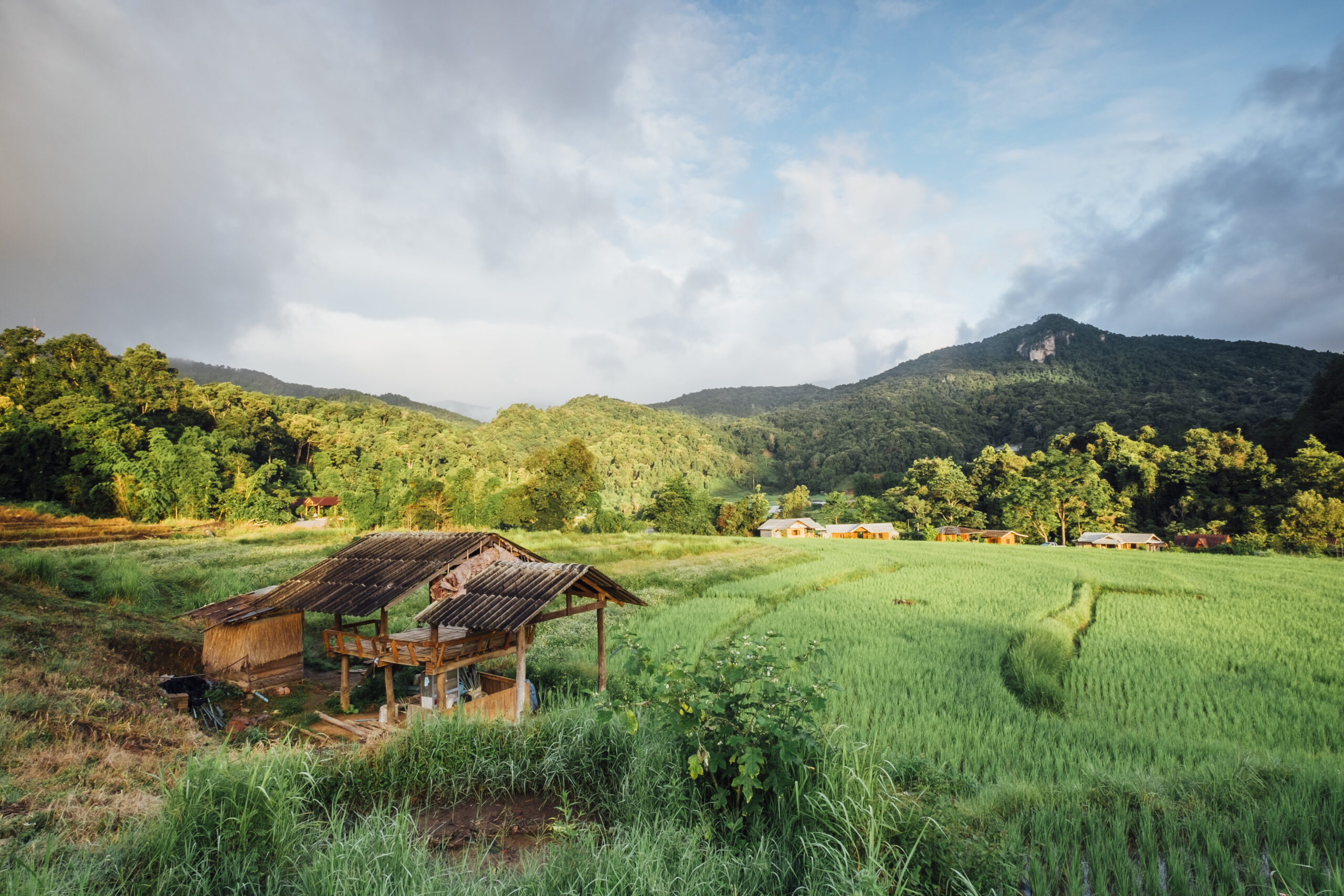
Food insecurity, reliance on imports, and farmers’ struggles in Maui inspired ParaGenius Foundation’s creation.
The annual food budget shortfall in Maui in 2022 (Feeding America Report).
Children at risk of going hungry in Maui County (Maui Food Bank).
How much higher the cost of living is in Maui compared to the national average (MERIC).
The child food insecurity rate in Maui in 2022 (Feeding America Report).
Of the island’s food is imported. Big-box food dominates the market (Maui News).
The minimum wage, though highest in the nation wage (Zip Recruiter), falls $16 below a baseline living wage for residents (MIT).
The annual food budget shortfall in Maui in 2022 (Feeding America Report).
Children at risk of going hungry in Maui County (Maui Food Bank).
How much higher the cost of living is in Maui compared to the national average (MERIC).
The child food insecurity rate in Maui in 2022 (Feeding America Report).
Of the island’s food is imported. Big-box food dominates the market (Maui News).
The minimum wage, though highest in the nation wage (Zip Recruiter), falls $16 below a baseline living wage for residents (MIT).
These figures suggest the deterrents that can prevent residents from eating local produce, given the ease and affordability that big box import stores provide.
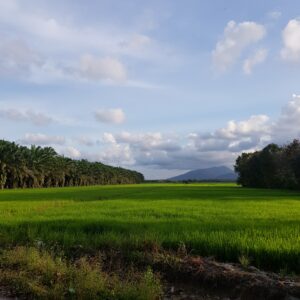
Expensive land to purchase.
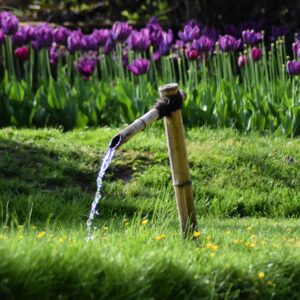
Controlled water and its high cost.

County regulations. Permits are hard to get.
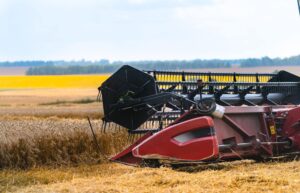
Not enough flat land to use standard large machinery.
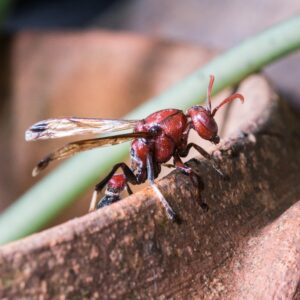
Invasive Species and limited funding to combat them.
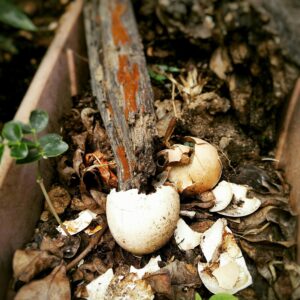
Faulty composting systems in place.
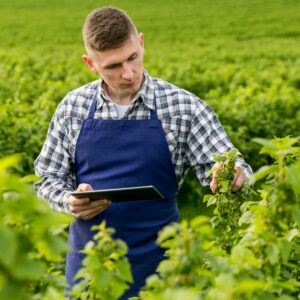
Farmers’ limited capacity to fill out paperwork, apply for grants, and find tax benefits.

Farmers must pay a high income tax and their own health insurance.

Difficulty hiring local due to limited financial capacity.

High overhead costs for farmers.
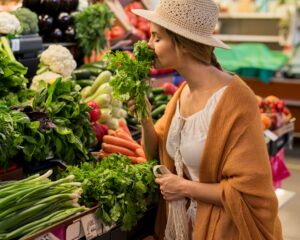
Lack of permanent outdoor farmers market.

Expensive land to purchase.

Controlled water and its high cost.

County regulations. Permits are hard to get.

Not enough flat land to use standard large machinery.

Invasive Species and limited funding to combat them.

Faulty composting systems in place.

Farmers’ limited capacity to fill out paperwork, apply for grants, and find tax benefits.

Farmers must pay a high income tax and their own health insurance.

Difficulty hiring local due to limited financial capacity.

High overhead costs for farmers.

Lack of permanent outdoor farmers market.
ParaGenius Foundation wants to change the Maui food landscape by empowering farmers to improve production of diverse produce.
The shift away from a cash crop/single-crop models can support a sustainable food system for the community and celebrate Maui’s climate diversity.
In short, we want to ensure organic food and farming can thrive!